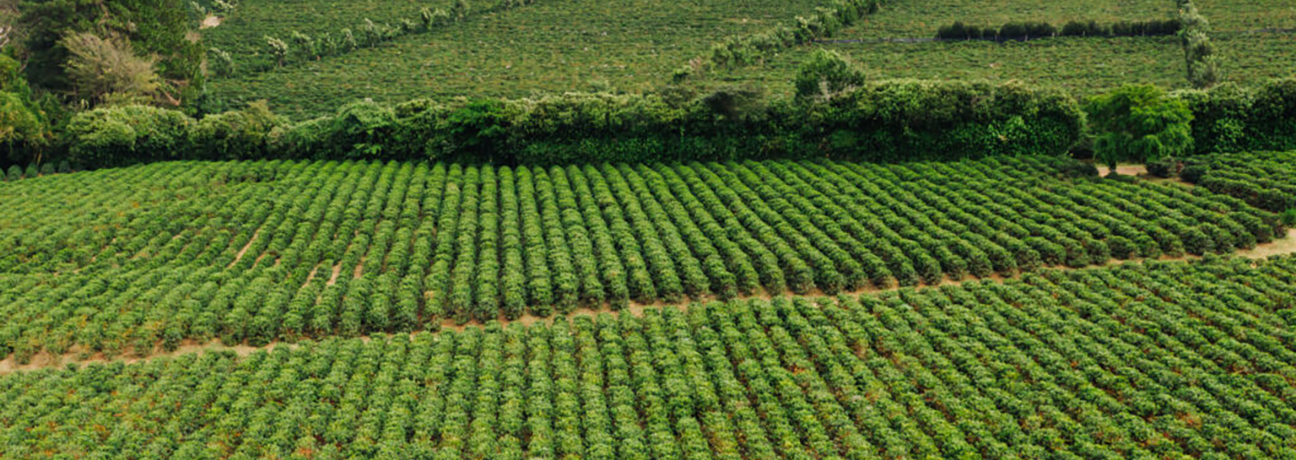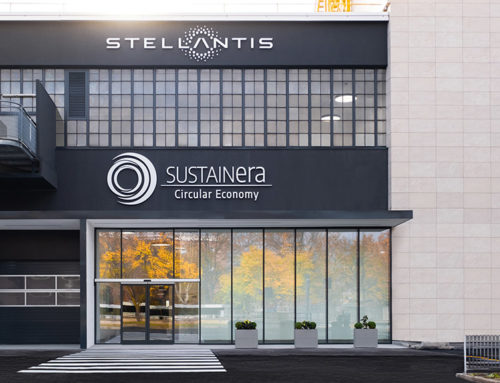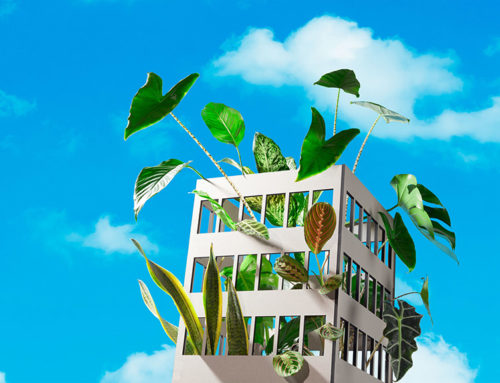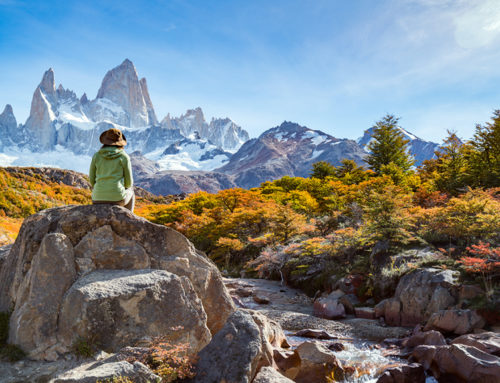In the wake of the hottest summer on record and a series of devastating climate-fueled disasters, the world is awakening to the dire consequences of climate change. While we confront the challenges posed by extreme weather events, droughts, and increased temperatures, the livelihoods of commodity farmers hang in the balance. These frontline workers face mounting threats from pests, crop diseases, and shifting weather patterns, putting global food security at risk. To safeguard our food system in the face of climate change, diversification is the key. This diversification encompasses promoting alternative staple foods, developing drought-resistant crop varieties, and even creating climate-vulnerable versions of our beloved foods, such as animal-free dairy, meat, and seafood, as well as vegan honey, bean-less coffee, and cacao-free chocolate, and in Starbucks case – climate-resistant coffee.
Starbucks, a global coffee giant, has taken a groundbreaking step by announcing the development of six new climate-resistant coffee tree varietals. These varietals produce Arabica coffee beans, one of the most popular coffee beans worldwide, alongside Robusta. Arabica beans are particularly vulnerable to climate change, making Starbucks’ initiative a game-changer in the coffee industry. The company plans to distribute these varietals free of charge to coffee farmers around the globe. Developed through a decade of meticulous research and testing by Starbucks’ agronomy team, these new coffee tree varietals boast natural resistance to diseases like coffee leaf rust and certain climate change impacts, all while delivering exquisite taste and high yields. This initiative is part of Starbucks’ broader commitment to achieve carbon-neutral green coffee production by 2030.
The development of these climate-resistant coffee tree varietals took place at Hacienda Alsacia, Starbucks’ global research and development facility and farm located in Costa Rica. Here, Starbucks’ agronomy team delves deep into understanding the challenges faced by coffee farmers and promoting sustainable farm management models. Since 2005, Starbucks agronomists have been diligently working on tree breeding to create more productive and resilient coffee trees. Over the years, they have researched, developed, and improved upon hundreds of hybrids and varietals.

Michelle Burns, Starbucks’ EVP of global coffee, social impact, and sustainability, emphasized the company’s dedication to developing climate-resistant trees. She stated, “We put our efforts up against the development of climate-resistant trees, very specifically, developing new tree varietals in a way that ensures that they are more resistant to the impact of climate.” According to World Coffee Research, climate change poses the most significant long-term threat to coffee agriculture and the rich diversity of coffee origins. Starbucks’ initiative targets coffee rust resistance, a critical factor in preserving coffee agriculture.
Developing these robust coffee strains was no small feat. The Starbucks agronomy team planted and nurtured several varietals and hybrids, monitoring them for at least six generations, a process spanning approximately 12 years. Researchers sent leaf clippings for genetic analysis to identify trees more resistant to common diseases. They examined how these trees processed and absorbed nutrients, scrutinized root systems and leaf structures, and sampled early coffee cherries to assess taste. Starbucks partnered with experts from Colombia, Costa Rica, Seattle, and Switzerland to evaluate the cup profile, including acidity, body, and complexity.
Once the team identified the varietals that exhibited natural resistance to coffee diseases and climate change, combined with excellent taste and high productivity, these seeds were distributed through Starbucks’ seed program to suppliers and farmers. To date, Starbucks reports distributing over three million seeds, including the six climate-resistant varietals, to coffee farmers in China, Costa Rica, Guatemala, Honduras, Indonesia, Mexico, Nicaragua, and Peru, whether they supply coffee to Starbucks or not.
n addition to Starbucks’ pioneering efforts, another climate-resistant bean known as Liberica is emerging in Uganda, further bolstering coffee’s resilience to climate change. These breakthroughs in coffee tree breeding hold the promise of securing the future of one of our most beloved beverages, ensuring that coffee lovers around the world can continue to savor their favorite brew despite the challenges posed by a changing climate.
Starbucks’ bold move to develop climate-resistant coffee tree varietals is not only a testament to its commitment to sustainability but also a beacon of hope for the entire coffee industry. As climate change continues to test the resilience of our food systems, innovative initiatives like these will play a pivotal role in securing a sustainable future for coffee and countless other crops. With visionary efforts like Starbucks’, we can take a step closer to a world where our favorite foods and beverages remain both delectable and sustainable, regardless of the challenges posed by a warming planet.






